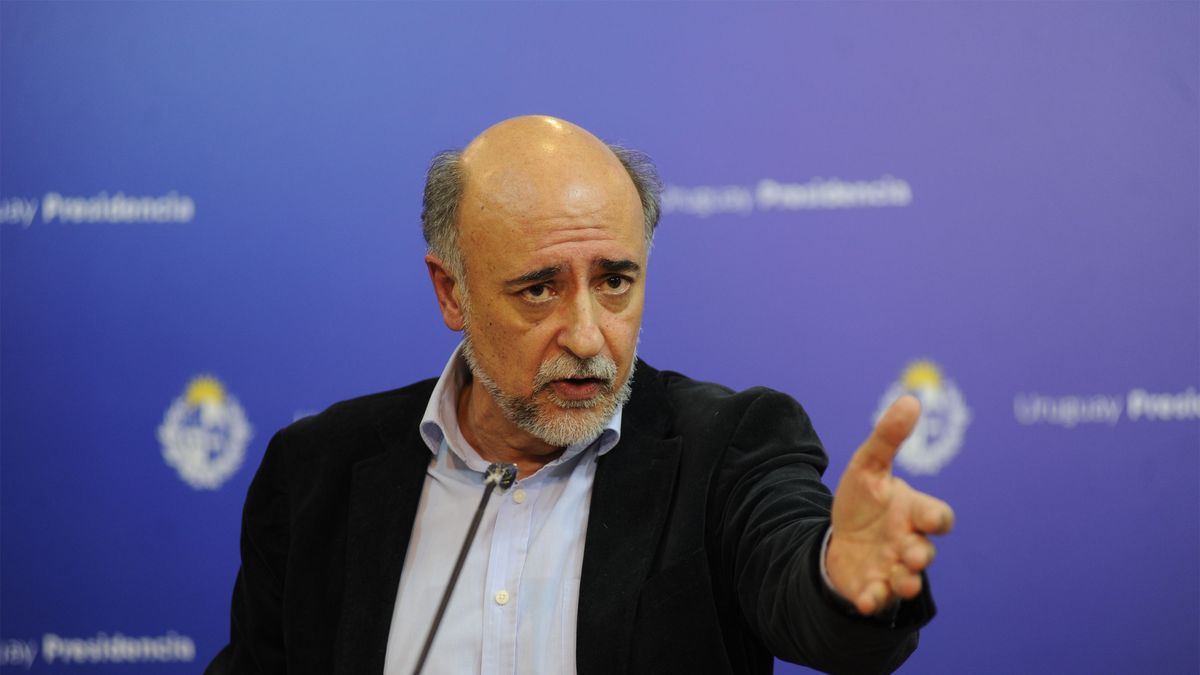The minister of Labor and Social Security (MTSS), Pablo Mieressubmitted a report to the Labor Affairs Commission of the Senate, within the framework of the beginning of the debate on the Reduction of the working day in Uruguay; and described the initiative as inadequate and “a very important risk.”
He Parliament began to discuss the bill that seeks to progressively reduce the working day of 48 to 40 hours per weekpresented by the broad front —although it will be interrupted shortly since the priority of the senators will be the Accountability; and then a long agenda of delegations that asked to make their opinion on the issue known before the debate and vote is expected. In this context, the head of the MTSS presented a report to the Labor Affairs Committee of the Upper House, where he stated that “the approach that is being proposed here does not seem to us to be the most appropriate.”
For Mieres, the fact that the reform in the weekly work regime is carried out by law, without carrying out a differentiation between sectors or companies makes a “blank slate” on the world of work, imposes a mold on collective bargaining and “empty of content” the Salary Councils. Consequently, the possible impact of the initiative is impossible to foresee, but it is expected to be significantly negative.
The risks Mieres posed
In his presentation before the Commission, the minister appealed to the International Labor Organization (ILO)which recommends collective bargaining by branch of activity, and that the eventual reduction in working hours should also be discussed in this way, considering the productivity as a central aspect in the conversations.
“It is not possible to imagine a reduction in working time in a certain productive unit without simultaneously establishing some kind of understanding about productivity,” he stated, noting that, on the contrary, the eventual law would be “of public order.” and, therefore, obligatory and indistinct for all. Consequently, a obstacle to collective bargaining.
Mieres had already made comments in a similar vein about the possible reduction in working hours during an event of the Association of Marketing Managers (ADM)where he pointed out that the measure is “a shot in the foot” as it is proposed, emphasizing the need to frame the debate in collective bargaining with each sector in a particular way.
“In this country there have already been agreements to reduce working hours in exchange for increased productivity, otherwise it is shooting yourself in the foot because workers get reduced working hours, the company loses profitability and ends up doing settings and at the end the adjustment ends up being paid by the jobs”, he affirmed, then, at the traditional ADM lunch, which was attended by Scope.com.
Now, he took up these arguments before the Labor Affairs Commission, and pointed out that, according to his estimates, in four years, the reduction will imply an increase of 20% in the real wages of workers. At the same time, a 4% annual increase in labor cost of companies in relation to hours worked. Mieres wondered there if “this is sustainable in the Uruguay from today”.
Another risk that the minister raised is that the law could become a “salute to the flag and look good” project, like the one that established work quotas for disabilities, whose compliance “is almost nil”.
Mieres also insisted that Uruguay did not ratify the Convention 147 of the ILO that talks about the 40 hour day, which was barely approved by 15 countries and which, furthermore, indicates that a measure of this type should be carried out in line with other agreements. Among them, that take into account the reality of each country.
Source: Ambito




